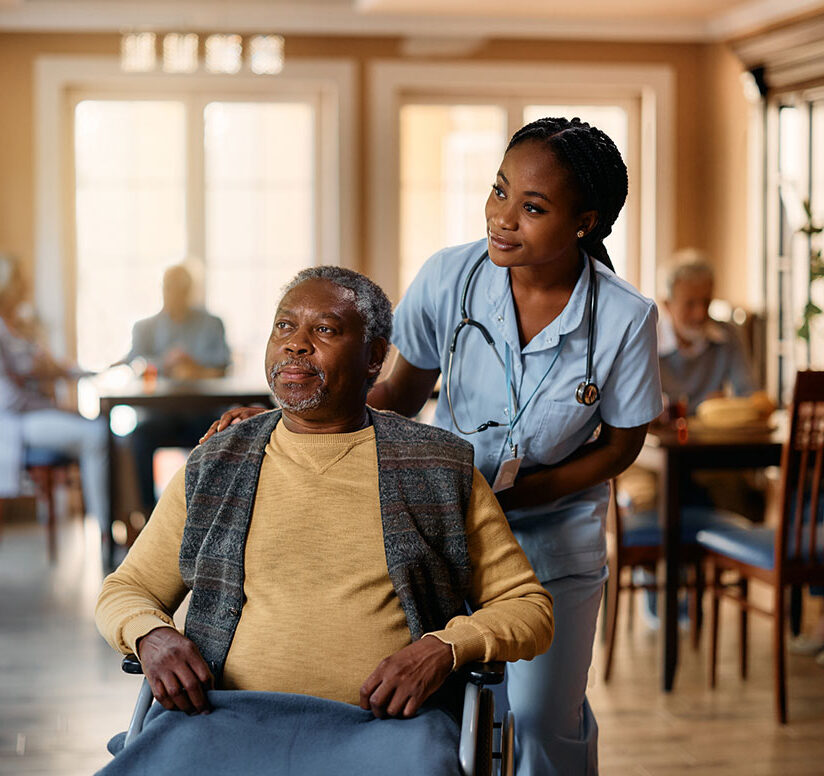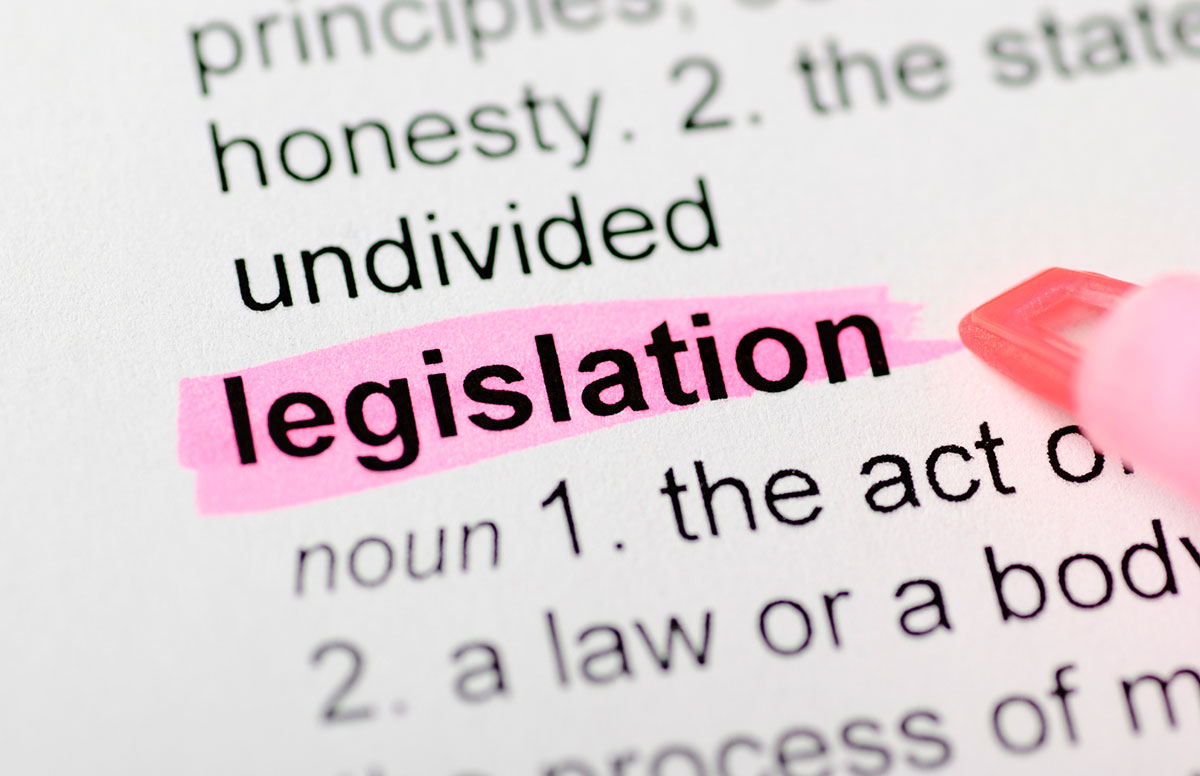Interview with Dr. Larry Corey, University of Washington
Q: What is the COVID-19 Prevention Network and Vaccine Testing Pipeline which you co-lead?
A: We led the national trials for COVID vaccines. My organization already had infrastructure such as laboratories, experience with testing, etc. that could be focused on Sars COV2. Vaccine development and trials could be done efficiently and quickly with infrastructure that was well-developed. This effort was launched the first week of March.
Q: Was it difficult to get people and organizations to participate?
A: Absolutely not. The academic medical community of the U.S. should get a great deal of credit for getting the word out and recruiting volunteers. We reached out to academic medical centers and everyone said yes. These are organizations that were treating people with COVID-19 and they also have done studies and trials historically, so they jumped right in. This has been a public/ private partnership with many partners.
Q: Would you tell us more about the MRNA technology and what is new about these vaccines?
A: Normally in vaccine development you make a protein, stick it in an arm, and the body responds. You then have pre-armed cells to recognize an invader. We know how to make proteins, but proteins are not easy to make and it takes a while to go through the process. With the Messenger RNA approach, you identify and transcribe the code for the protein and the body makes the protein. It is not quite that simple, but basically that’s it. These vaccines inject the RNA that transcribes the landing gear of the virus and the body makes antibodies against the landing gear.
Q: Why is the vaccine only 95% effective, not 100%?
A: Each of these manufacturers has some proprietary aspects, but the RNA is basically the same. However, people’s bodies are different one from another and so immune responses may be a bit different in some people.
Q: We are hearing some fears and concerns that make some staff hesitant to take the vaccine. How can aging services providers help to allay these concerns?
A: Provide facts to people to counteract misunderstandings: the vaccine is not getting into your genitalia; it is not going to affect your RNA or DNA – it is just going into muscle; the virus is dangerous and the vaccine is effective, etc. It is a challenge – some people won’t believe, other people need to learn more about biology, some people are listening to inaccurate information, and others don’t trust science. Be respectful and provide information the best you can. We live in a country that values individual choice.
Q: We hear people worrying about whether they should get the vaccine if they have pre-existing conditions such as diabetes? How would you respond to that?
A: People with all sorts of conditions receive other vaccines and do just fine. I have type 2 diabetes and have gotten my first dose. The vaccine doesn’t really have anything to do with other conditions and people with all of these common conditions were included in the trials.
Q: Some staff members are taking a wait and see approach. What would you say to them?
A: The vaccine is about personal benefit. As a staff member you are working in a high- risk situation where transmission is high and the vaccine will protect you.
Q: What about side effects, and should people take an over- the- counter medicine beforehand?
A: That is a matter of personal preference. There would be no harm in taking Advil or acetaminophen. The older you are the less likely you will be to have side effects. Younger people react more. We do know that for both the Moderna and Pfizer products, the second dose generates more side effects than the first.
Q: If I am vaccinated can I carry COVID from one person to another without being sick myself?
A: We really don’t know yet one way or the other. We don’t know if the virus can land in your nose, replicate and then be transmitted. We urge people to respect the pathogen and continue to take precautions.
Q: We are hearing national debates about whether or not to hold second doses in reserve or whether to just go ahead and use the vaccines to vaccinate as many people as possible. Is there a right answer?
A: I’m not sure there is a single right answer. The most important thing is that we get caught up with the vaccines we do have and whatever vaccine we make gets into people’s arms. The manufacturing projections are pretty accurate although there can be breakdowns and doses can need to be discarded for one reason or another. Let’s get caught up – vaccines in vials don’t affect mortality, only vaccines in arms do that.
Q: One member observed that in their clinic people who had COVID-19 before seemed to have more bothersome side effects than the others. Why might that be?
A: In the Moderna trials, the people who had COVID-19 before actually had slightly less side effects, so this anecdote is different from the trials. But we are all learning…
Q: Some people are saying that one of the vaccines has more side effects than the other. Is this true?
A: The trial data does not show a difference between the Pfizer and Moderna vaccines with regard to side effects.
Q: When will people be able to visit friends and families safely?
A: When everybody is vaccinated – and we will still need to wear masks. People will do their own risk/ benefit analyses, but need to remember that it is not only older people who are at risk from COVID-19. Young people have serious COVID illness and are also dying with it.

 Budget Reconciliation 2025
Budget Reconciliation 2025


